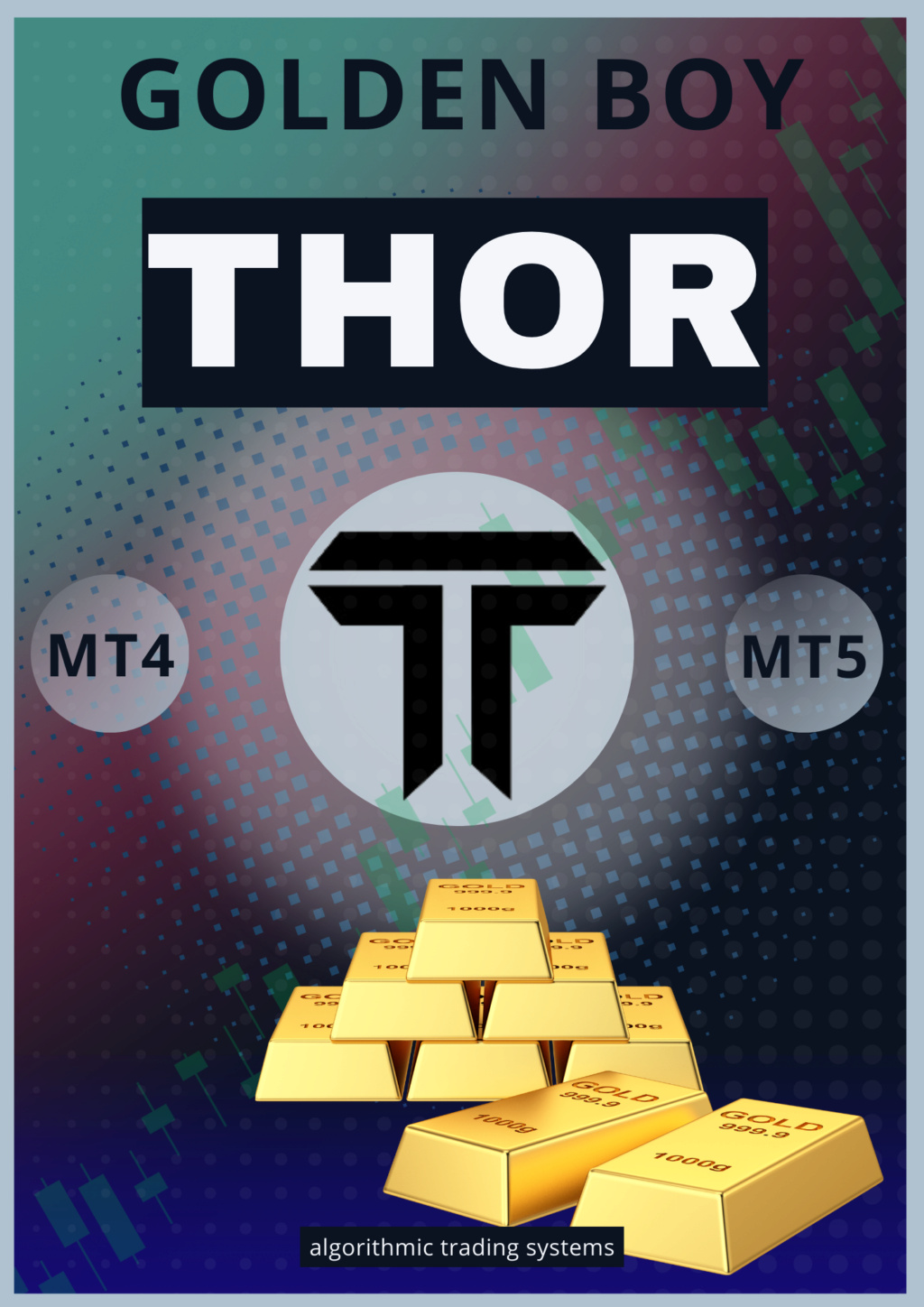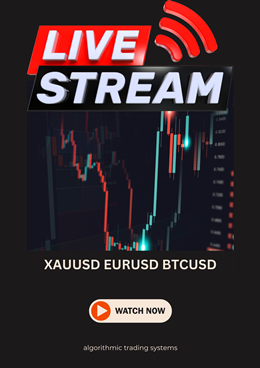While options do not adjust for ordinary dividends1, they do adjust for special dividends. Different exchanges have different definitions of what is a special dividend, but typically it is considered special if it is declared as a special dividend, or is larger than a certain threshold (eg, 10% of the stock price). In addition, options are adjusted in the event of a corporate action, for example, a stock split or rights issue.
Equities and indices can treat bonus share issues differently
Options on equities and indices can treat bonus share issues differently. A stock dividend in lieu of an ordinary dividend is considered an ordinary dividend for options on an equity (hence is not adjusted) but is normally adjusted by the index provider.
Adjustment negates impact of dividend or corporate action
For both special dividends and corporate actions, the adjustment negates the impact of the event (principal of unchanged contract values), so the theoretical price of the options should be able to ignore the event.
As the strike post adjustment will be non-standard, typically exchanges create a new set of options with the normal strikes. While older options can still trade, liquidity generally passes to the new standard strike options (particularly for longer maturities which do not have much open interest).
M&A AND SPINOFFS CAN CAUSE PROBLEMS
If a company spins off a subsidiary and gives shareholders shares in the new company, the underlying for the option turns into a basket of the original equity and the spun-off company. New options going into the original company are usually created, and the liquidity of the options into the basket is likely to fade.
For a company that is taken over, the existing options in that company will convert into whatever shareholders were offered. If the acquisition was for stock, then the options convert into shares, but if the offer is partly in cash, then options can lose a lot of value as the volatility of cash is zero.
OPTIONS OFTEN ROLLED BEFORE EXPIRY
The time value of an option decays quicker for short-dated options than for far-dated options. To reduce the effect of time decay, investors often roll before expiry. For example, an investor could buy a one-year option and roll it after six months to a new one-year option.
CALL OVERWRITING
For a directional investor who owns a stock (or index), call overwriting by selling an OTM call is one of the most popular methods of yield enhancement. Historically, call overwriting (otherwise known as buy-write, as the stock is bought but a call is written against it) has been a profitable strategy due to implied volatility usually being overpriced.
However, call overwriting does underperform in volatile, strongly rising equity markets. Overwriting with the shortest maturity is best, and the strike should be slightly OTM for optimum returns.
IMPLIED VOLATILITY IS USUALLY OVERPRICED
The implied volatility of options is on average 1-2pts above the volatility realised over the life of the option. This ‘implied volatility premium’ is usually greater for indices than for single stocks. As we can see no reason why these imbalances will fade, we expect call overwriting to continue to outperform on average.
The key imbalances are:
* Option buying for protection. In the same way that no one buys car insurance because they think it is a good investment, investors are happy buying expensive protection to protect against downside risks.
* Unwillingness to sell low premium options causes market makers to raise their prices (selling low premium options, like selling lottery tickets, has to be done on a large scale to be attractive).
* High gamma of near-dated options has a gap risk premium (risk of stock jumping, either intraday or between closing and opening prices).
* Index implieds lifted by structured products. Structured products are often based on an index, and can offer downside protection.
This lifts index implied relative to single stock implied. Also protection is usually bought on an index to protect against macros risks. It is rare to protect a single stock position (if an investor is worried about downside in a stock they usually do not buy it to begin with).
BUY-WRITE BENEFITS FROM SELLING EXPENSIVE VOL
Short-dated implied volatility has historically been overpriced2 due to the above supply and demand imbalances. In order to profit from this characteristic, a long investor can sell a call against a long position in the underlying of the option.
Should the underlying perform well and the call be exercised, the underlying can be used to satisfy the exercise of the call. As equities should be assumed to have, on average, a positive return, it is best to overwrite with a slightly OTM option to reduce the probability of the option sold expiring ITM.
Call overwriting is a useful way to gain yield in flat markets
If markets are range trading, or are approaching a technical resistance level, then selling a call at the top of the range (or resistance level) is a useful way of gaining yield. Such a strategy can be a useful tactical way of earning income on a core strategic portfolio, or potentially could be used as part of an exit strategy for a given target price.
Selling at target price enforces disciplined investing
If a stock reaches the desired target price, there is the temptation to continue to own the strong performer. Over time a portfolio can run the risk of being a collection of stocks that had previously been undervalued, but are now at fair value.
To prevent this inertia diluting the performance of a fund, some fund managers prefer to call overwrite at their target price to enforce disciplined investing, (as the stock will be called away when it reaches the target).
As there are typically more Buy recommendations than Sell recommendations, call overwriting can ensure a better balance between the purchase and (called away) sale of stocks.
Equities and indices can treat bonus share issues differently
Options on equities and indices can treat bonus share issues differently. A stock dividend in lieu of an ordinary dividend is considered an ordinary dividend for options on an equity (hence is not adjusted) but is normally adjusted by the index provider.
Adjustment negates impact of dividend or corporate action
For both special dividends and corporate actions, the adjustment negates the impact of the event (principal of unchanged contract values), so the theoretical price of the options should be able to ignore the event.
As the strike post adjustment will be non-standard, typically exchanges create a new set of options with the normal strikes. While older options can still trade, liquidity generally passes to the new standard strike options (particularly for longer maturities which do not have much open interest).
M&A AND SPINOFFS CAN CAUSE PROBLEMS
If a company spins off a subsidiary and gives shareholders shares in the new company, the underlying for the option turns into a basket of the original equity and the spun-off company. New options going into the original company are usually created, and the liquidity of the options into the basket is likely to fade.
For a company that is taken over, the existing options in that company will convert into whatever shareholders were offered. If the acquisition was for stock, then the options convert into shares, but if the offer is partly in cash, then options can lose a lot of value as the volatility of cash is zero.
OPTIONS OFTEN ROLLED BEFORE EXPIRY
The time value of an option decays quicker for short-dated options than for far-dated options. To reduce the effect of time decay, investors often roll before expiry. For example, an investor could buy a one-year option and roll it after six months to a new one-year option.
CALL OVERWRITING
For a directional investor who owns a stock (or index), call overwriting by selling an OTM call is one of the most popular methods of yield enhancement. Historically, call overwriting (otherwise known as buy-write, as the stock is bought but a call is written against it) has been a profitable strategy due to implied volatility usually being overpriced.
However, call overwriting does underperform in volatile, strongly rising equity markets. Overwriting with the shortest maturity is best, and the strike should be slightly OTM for optimum returns.
IMPLIED VOLATILITY IS USUALLY OVERPRICED
The implied volatility of options is on average 1-2pts above the volatility realised over the life of the option. This ‘implied volatility premium’ is usually greater for indices than for single stocks. As we can see no reason why these imbalances will fade, we expect call overwriting to continue to outperform on average.
The key imbalances are:
* Option buying for protection. In the same way that no one buys car insurance because they think it is a good investment, investors are happy buying expensive protection to protect against downside risks.
* Unwillingness to sell low premium options causes market makers to raise their prices (selling low premium options, like selling lottery tickets, has to be done on a large scale to be attractive).
* High gamma of near-dated options has a gap risk premium (risk of stock jumping, either intraday or between closing and opening prices).
* Index implieds lifted by structured products. Structured products are often based on an index, and can offer downside protection.
This lifts index implied relative to single stock implied. Also protection is usually bought on an index to protect against macros risks. It is rare to protect a single stock position (if an investor is worried about downside in a stock they usually do not buy it to begin with).
BUY-WRITE BENEFITS FROM SELLING EXPENSIVE VOL
Short-dated implied volatility has historically been overpriced2 due to the above supply and demand imbalances. In order to profit from this characteristic, a long investor can sell a call against a long position in the underlying of the option.
Should the underlying perform well and the call be exercised, the underlying can be used to satisfy the exercise of the call. As equities should be assumed to have, on average, a positive return, it is best to overwrite with a slightly OTM option to reduce the probability of the option sold expiring ITM.
- Figure 5.:
- Short Call[You must be registered and logged in to see this image.]Call Overwriting (or Buy Write)[You must be registered and logged in to see this image.]
Call overwriting is a useful way to gain yield in flat markets
If markets are range trading, or are approaching a technical resistance level, then selling a call at the top of the range (or resistance level) is a useful way of gaining yield. Such a strategy can be a useful tactical way of earning income on a core strategic portfolio, or potentially could be used as part of an exit strategy for a given target price.
Selling at target price enforces disciplined investing
If a stock reaches the desired target price, there is the temptation to continue to own the strong performer. Over time a portfolio can run the risk of being a collection of stocks that had previously been undervalued, but are now at fair value.
To prevent this inertia diluting the performance of a fund, some fund managers prefer to call overwrite at their target price to enforce disciplined investing, (as the stock will be called away when it reaches the target).
As there are typically more Buy recommendations than Sell recommendations, call overwriting can ensure a better balance between the purchase and (called away) sale of stocks.
[You must be registered and logged in to see this link.]

 Events
Events Blog
Blog




